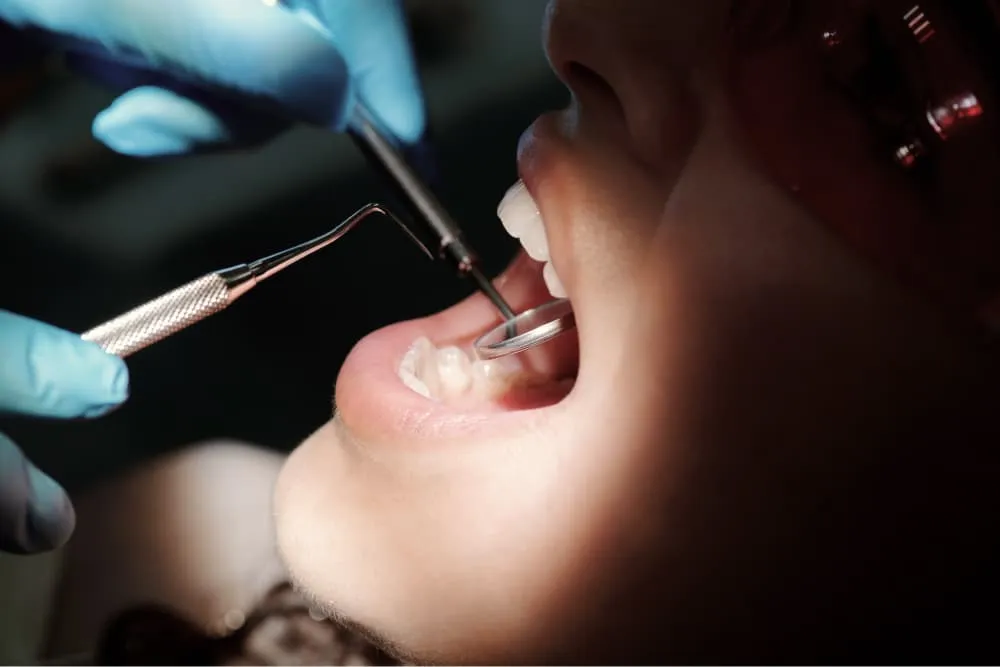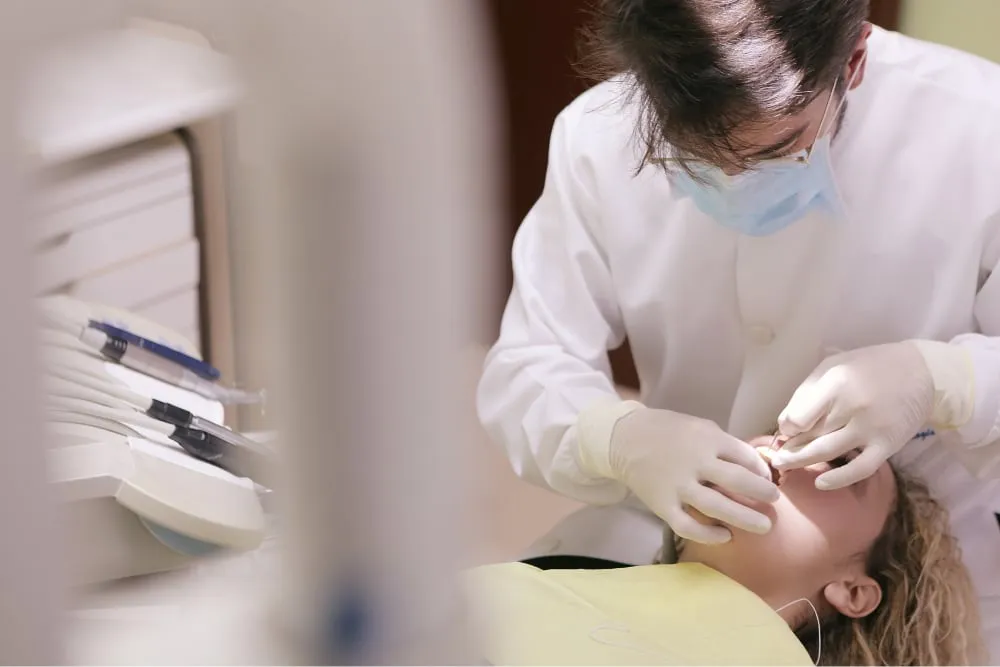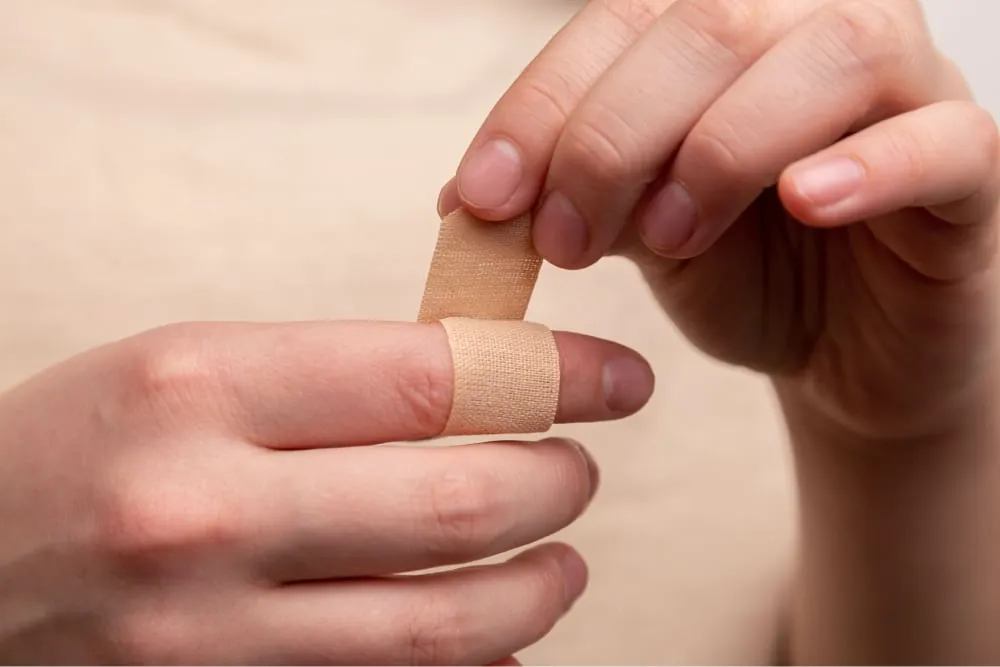What is sialadentis, or bulimia cheeks?
Swollen salivary glands are another common attribute seen in people with bulimia nervosa who purge by self-induced vomiting.
Officially referred to as acute sialadenosis, or “bulimia cheeks” this sign of bulimia involves puffy, swollen, or otherwise enlarged salivary glands which are located in the cheeks. The overall appearance also lends itself to the symptom’s other nickname: chipmunk cheeks.
For people struggling with a disorder so often driven by body image issues, this type of reaction may feel especially cruel, but the appearance of swollen bulimia cheeks are a direct result of the mechanics of purging through vomiting itself.
Why do salivary glands inflame happen?
The binging and purging behavior of bulimia can cause any number of complications within the body, including mouth sores, tooth decay, and stomach ulcers. When it comes to swollen bulimia cheeks, the issue has to do with how the behavior impacts salivary glands which are a type of parotid glands.
Charged with secreting saliva into the mouth to assist with chewing, swallowing, and digestion, the glands are known as the parotids. All told, they run all along the sinus, including through the back of the mouth, as well as in front of and behind each ear.
When someone with bulimia regularly purges through self-induced vomiting, these glands can become irritated. Stomach acid may inflame the parotid tissue, causing the glands to swell up. Due to their placement, this can push the cheeks out, resulting in puffy-looking
The more a person purges through self-induced vomiting, the more exposure to stomach acid these glands undergo, and the larger and more inflamed they get, creating a more dramatic-looking result.
In fact, bulimia cheeks can appear so prevalently, they’re one of the top signs doctors look for when assessing whether someone may be struggling with bulimia nervosa.
You might be interested in
How to treat bulimia cheeks
On the positive side, swollen glands do not become a chronic issue once someone develops them. The puffy appearance is directly tied to irritation, which is directly tied to purging behavior.
Even so, it may take several weeks for irritation and swelling to go down after someone stops regularly purging. So the best—and, truly, the only—way to treat swollen cheeks is to seek treatment for bulimia nervosa.
The idea may seem arduous or even impossible, but it’s completely possible to heal from bulimia, with reported recovery rates as high as 55%. (1) The key is seeking treatment as quickly as you can, as there are many negative impacts of this disorder.
Thankfully, there are a number of different types of therapy and treatment programs, which can—and do—help all different kinds of people. If you, or someone you know, is exhibiting signs of bulimia, including bulimia cheeks, it might be time to seek treatment.
At Within Health, you can start your road to recovery today. Learn more about how to heal from bulimia here.

































